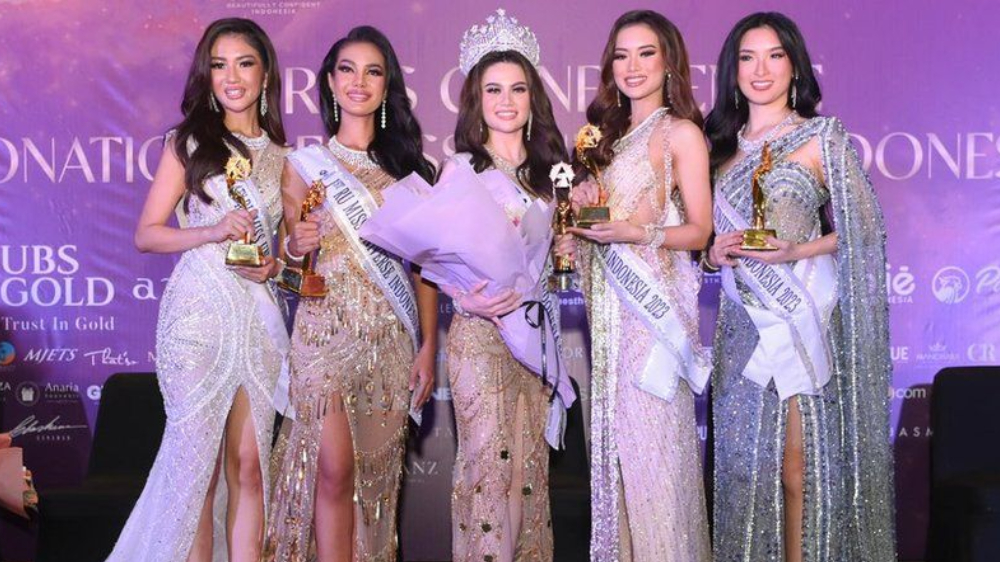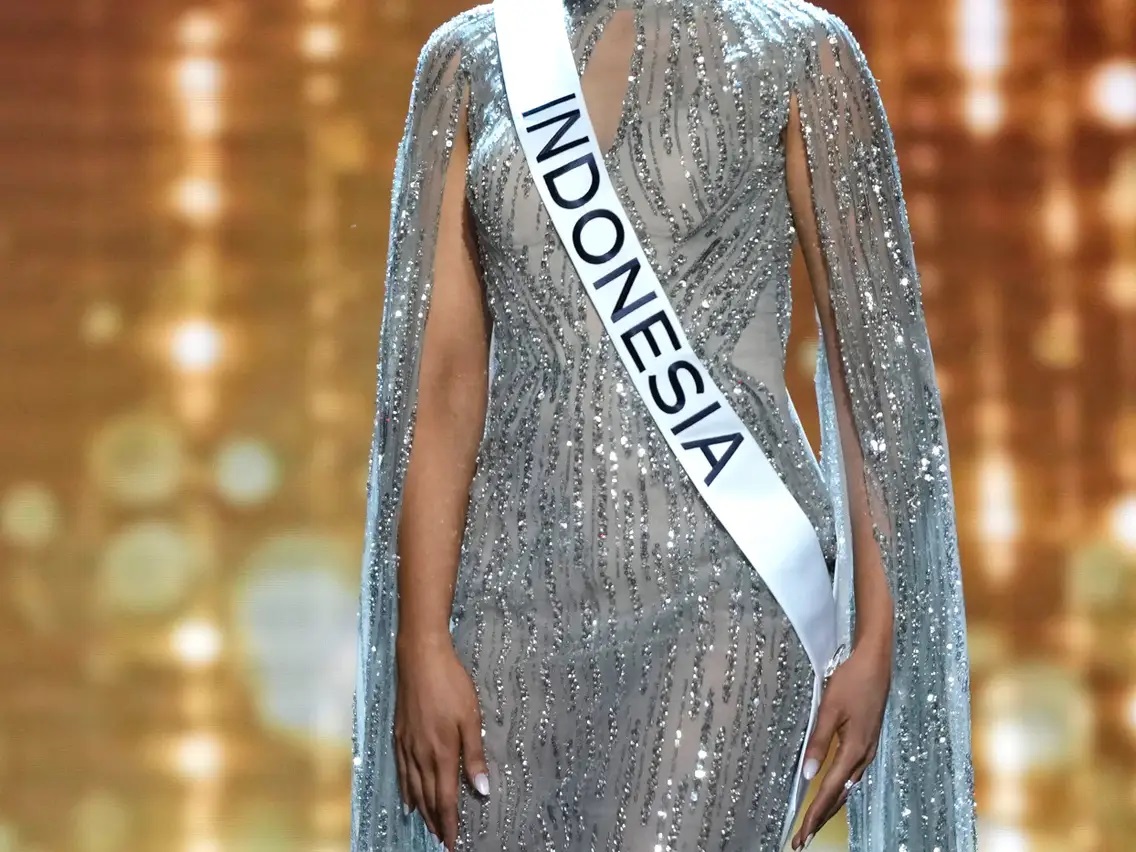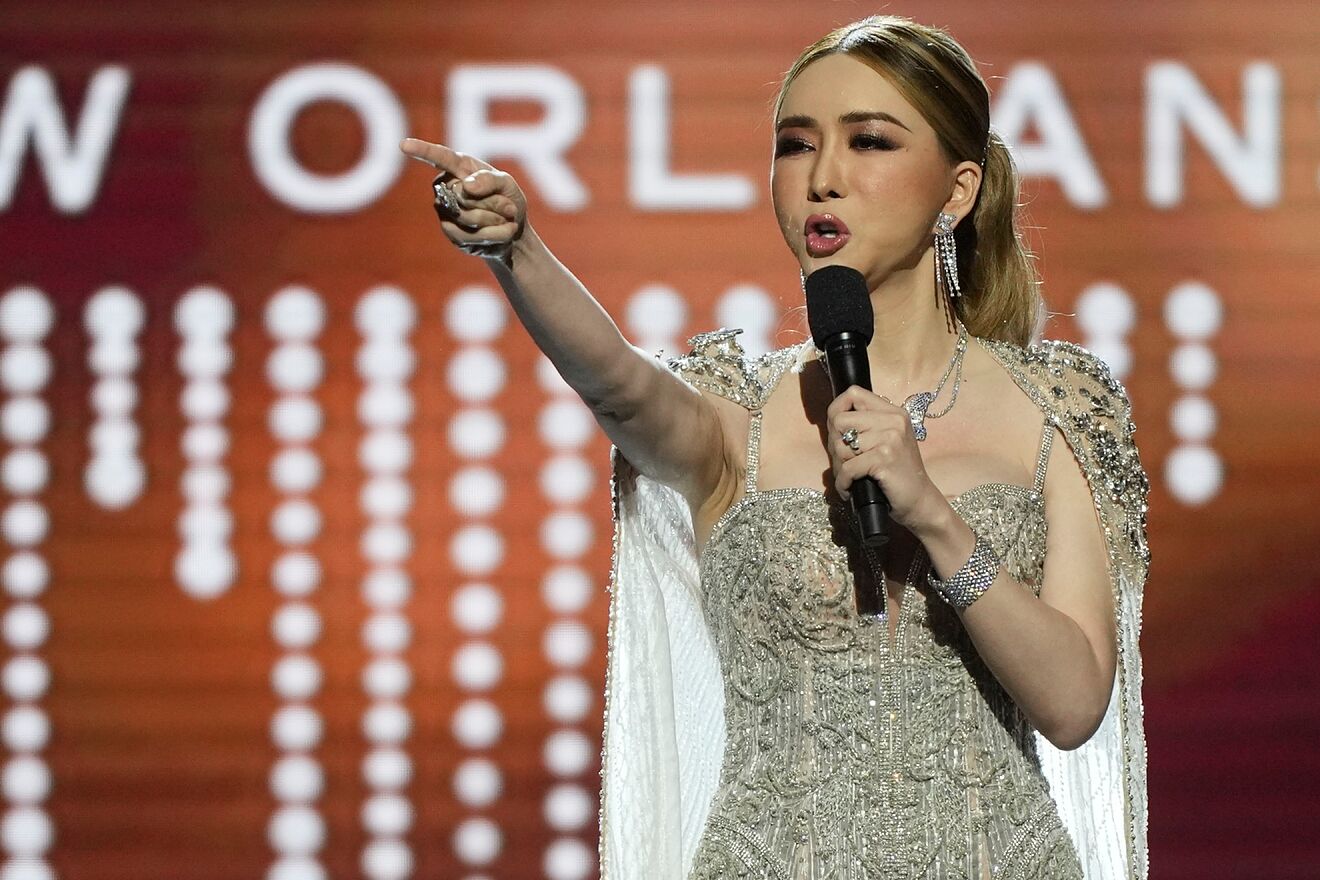Several Miss Universe Indonesia contestants have come forward with allegations of sexual abuse against the pageant’s organizers.
The contestants were subjected to intrusive “body checks” and photographs, during which contestants were stripped naked, just days before the finals on August 3rd.
The organizers reportedly instructed the women that these checks were necessary to examine any scars, cellulite, or tattoos on their bodies. Indonesian capital Jakarta police issued a statement confirming their intent to investigate the matter further.
This invasive procedure has led to emotional distress among the contestants, with one of them expressing feelings of violation and sleep disturbance due to the incident.
Speaking at a media event, some of the complainants shared their experiences, though their faces were blurred to ensure their anonymity. Mellisa Anggraeni, a lawyer representing three of the contestants, mentioned that more individuals are expected to come forward with similar complaints.
Miss Universe Indonesia Organization, owned by celebrity Poppy Capella, released a statement assuring that it would conduct an internal investigation into the allegations. The global Miss Universe Organization also asserted that it is taking the allegations seriously and will look into the matter.
While body checks are customary in Indonesia’s beauty pageants, the requirement to strip women naked is not. Maria Harfanti, a former Miss Indonesia, clarified that organizers usually assess contestants’ body proportions and BMI, but stripping is not a standard practice.
In a press conference, one complainant revealed that the body checks took place in a closed room, but men were present during the procedure.
Indonesia has a thriving beauty pageant scene, albeit one that carefully navigates conservative social norms. The Miss World pageant, held in Indonesia in 2013, canceled its bikini round to respect the country’s predominantly Muslim culture.
Anne Jakrajutatip, a Thai transgender woman and media mogul who owns Miss Universe, has been striving to make the brand more inclusive. She has welcomed married women, transgender women, and single mothers to compete, reflecting a broader societal shift towards greater diversity and representation in beauty pageants.













